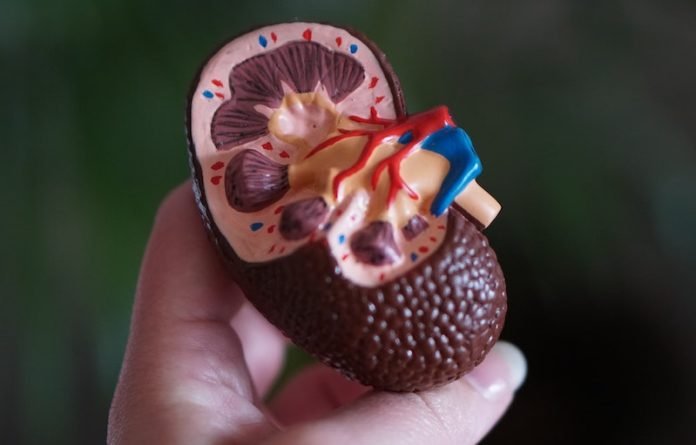
In a recent study from the University of Queensland, scientists found millions of COVID-19 patients may have undiagnosed acute kidney injury (AKI).
AKI is a condition where the kidneys suddenly fail to filter waste from the blood, which can lead to serious illness or even death.
Current evidence indicates approximately 20 percent of patients admitted to hospitals with COVID-19 develop AKI, rising to roughly 40 percent for those in intensive care.
But in the study, the team says the true numbers could be double those figures.
They suggest doctors look at the amount of urine a patient passes and the level of a compound called creatinine in the blood, which rises when the kidneys aren’t working well.
However, if that creatinine rise occurs before a patient presents to the hospital, doctors can miss the AKI diagnosis and fail to manage the patient appropriately in those early, critical days of hospitalization.
The team found when researchers also measured the fall in creatinine levels, which often follows the initial rise, the rate of AKI diagnosis in COVID-19 patients doubled.
Even though AKI is already starting to improve in hospitals, this research shows that these patients have worse in-hospital outcomes and are more likely to die compared to patients with no AKI.
Treatment for AKI can be as simple as checking a patient’s hydration level and stopping medications that can be toxic to the kidneys.
The team also suggests that a more comprehensive definition of AKI—one which can detect cases that develop in the community—needs to be implemented as soon as possible.
If you care about kidney health, please read studies about the key to the treatment of kidney diseases, and cruciferous vegetables may help reverse kidney damage in diabetes.
For more information about COVID, please see recent studies about new evidence on rare blood clots after COVID-19 vaccination, and results showing new therapy from bananas may help treat COVID-19.
The research was published in PLOS Medicine and conducted by Dr. Marina Wainstein et al.
Copyright © 2022 Knowridge Science Report. All rights reserved.



